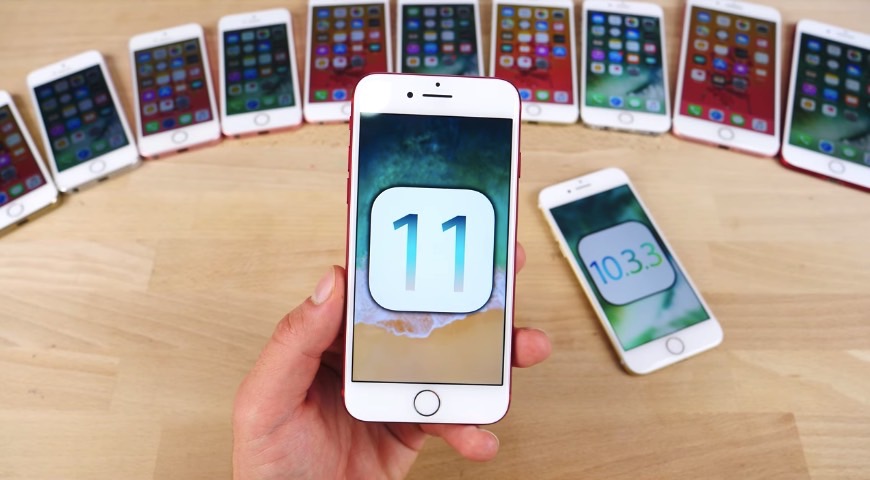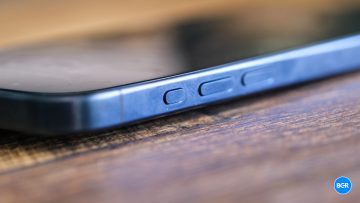South Korea is just one of the countries where the practice of slowing down iPhones with old batteries has earned Apple special attention from governmental agencies or consumer rights groups — the list also includes Brazil, China, France, Italy, and the US.
But in Korea, prosecutors just took the whole thing to a new level, announcing a formal investigation of Apple’s alleged planned obsolescence practices.
For years, Apple had to dispel rumors that it slows down older iPhones so that existing customers upgrade to the newest models. But late last year an iPhone user actually proved that Apple was throttling the speed of his iPhone, and it was all related to battery wear. He discovered that iPhone benchmarks returned to normal levels after replacing the aging battery.
Soon after that, Apple confirmed that the slowdown is a feature introduced in iOS via an update in early 2017 that was supposed to fix unexpected iPhone shutdowns and reboots. Apple apologized, introduced a cheaper battery replacement program, and revealed that a future iOS 11 release would give the user the ability to toggle iPhone slowdowns, as well as keep tabs on the health of the battery.
But all these measures won’t make its legal problems go away. In Korea, the Seoul Central District Prosecutor’s Office said it formally assigned the case to the intellectual property crime unit, The Korea Herald reports.
A day earlier, the Citizens United for Consumer Sovereignty (CUCS), a civic group in Seoul, filed a complaint with prosecutors against Apple CEO Tim Cook and Apple Korea chief Daniel Dicicco:
CUCS has said that the deliberate deterioration of older iPhones through software updates is a scam aimed at boosting sales of new models. It claimed that the US smartphone maker should be charged with fraud, property damage and obstruction of business by digital devices.
Yeah, things aren’t looking good for Apple, at least from a PR perspective.
The group also filed a compensation suit against Apple, seeking an award of approximately $2,000 per plaintiff.








